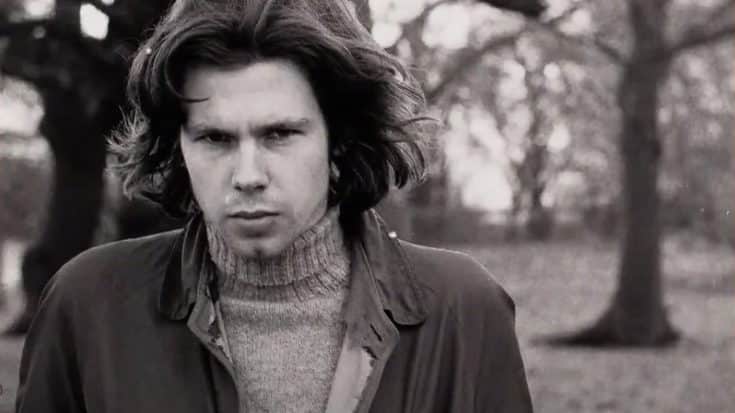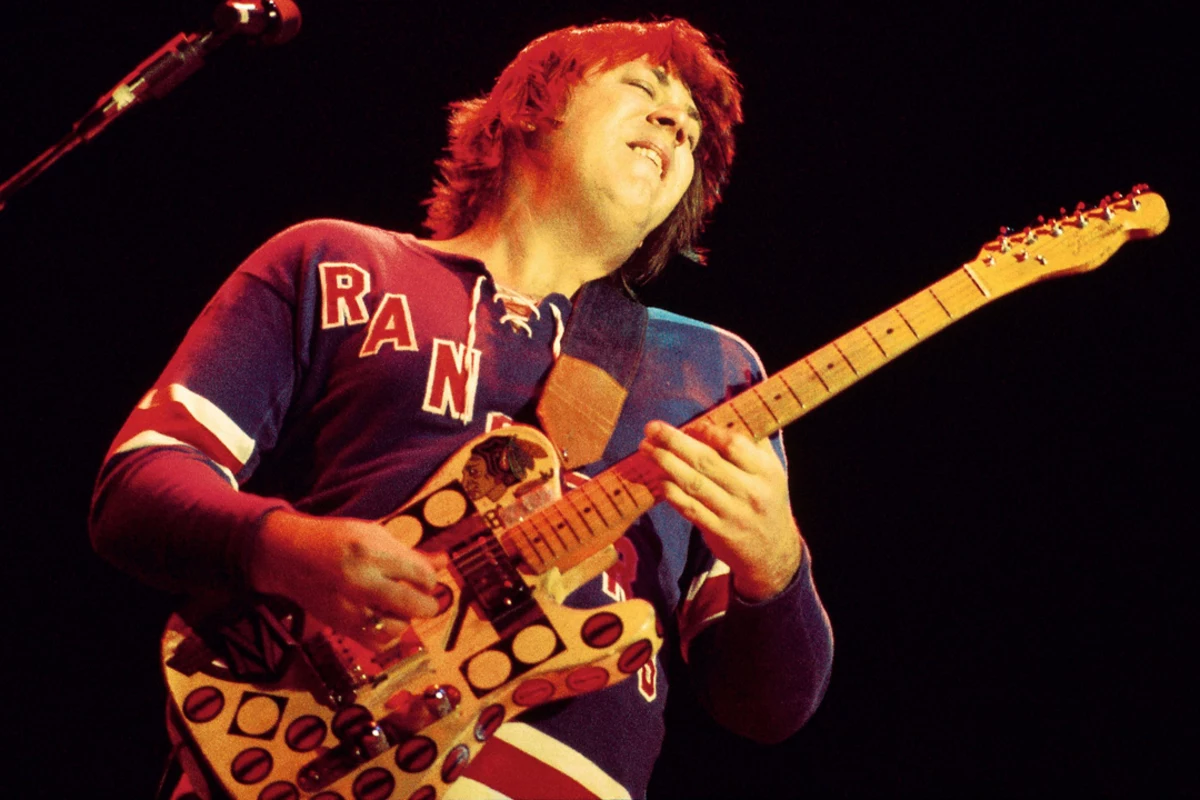7 Biggest Tragedies That Happened To 1970s Musicians

via Vintage TV Shows / Youtube
Although the 1970s produced immortal anthems and music that will never be forgotten, some celebrities paid the ultimate price for their stardom behind the glamour and sparkle. These are the tales of seven gifted musicians whose promising lives came to an untimely end. Come along as we examine their ascent to fame and the tragic hardships that preceded their premature deaths.
Karen Carpenter
Millions of people were touched by Karen Carpenter’s voice in the 1970s; it was like a warm hug. But beneath the celebrity and faultless performances was a woman going through a lot of hardship. Karen went down a dark path because she was obsessed with being thin, which was fueled by her anxieties and her mother’s partiality to her brother. She was the first well-known celebrity to have anorexia nervosa, which finally led to her death at the age of 32. Karen’s personal life was characterized by loneliness and a desperate search for love and acceptance, despite her success with The Carpenters—17 number-one songs, many accolades, and over 100 million albums sold.

Judee Sill
The life of the talented musician Judy Sill was as dramatic as the music she composed. Her exquisite, moving compositions were veiled in a past filled with pain, addiction, and crime. She developed a heroin addiction and even committed armed robberies as a result of her difficult upbringing and time spent in reform school. But while incarcerated, she discovered her calling: music. In the early 1970s, she issued two highly regarded albums as the first artist signed to David Geffen’s Asylum Records. Her confidence suffered as a result of their commercial struggles despite their beauty. She died at the age of 35 from chronic pain and addiction. Judy’s position as an unpolished treasure of her time has been validated by new audiences of her music and story decades later.

Arthur Russell
Arthur Russell was a musical chameleon who combined his classical expertise with avant-garde, jazz, disco, and punk influences to produce a completely unique sound. Arthur was born in Oskaloosa, Iowa, and his quiet and reserved demeanor concealed his creative brilliance. He discovered his artistic vocation in the thriving music scene of New York City after fleeing his home at the age of sixteen. He collaborated with artists ranging from disco pioneers to poets like Allen Ginsberg. Arthur, who was notoriously meticulous, only put out one solo album in his lifetime, World of Echo, but he left behind a wealth of unfinished material. His position as a genuine musical innovator is cemented by the fact that, despite his death in 1992, his genre-defying style continues to inspire a new generation of listeners.

Terry Kath
Before his untimely death, Terry Kath, the Chicago powerhouse guitarist, made a lasting impression on music. Kath, who is well-known for his daring approach, used elements of jazz, rock, and classical music to propel the band’s sound through 11 successful albums since 1969. But his personal battles with cocaine and alcohol started to overshadow his extraordinary skills.
Terry’s interest in guns took a disastrous turn on January 23, 1978. With his eerie parting comments, he disregarded band technician Don Johnson’s warning while brandishing a gun: “What do you think I’m going to do, blow my brains out? A week before his 32nd birthday, he was accidentally shot and died shortly after.
To make sure the world never forgets his remarkable contributions to music, his daughter Michelle Sinclair paid tribute to his legacy with the 2016 documentary Searching for Terry: Discovering a Guitar Legend.

Nick Drake
Like his music, Nick Drake’s life was mysterious. He was born in 1948 in Burma and raised in England, where his mother fostered his musical abilities. Nick composed songs that suggested his distinct artistic abilities while learning to play the piano, clarinet, saxophone, and finally guitar. His eerie, acoustic folk sound was distinctive by 1969 when he published his debut record while attending Cambridge. However, Nick was unable to engage with larger crowds due to his extreme shyness and dislike of live appearances.
He produced three albums that are timeless masterpieces, yet he was never able to achieve commercial success. He retreated to his parents’ house while battling depression, and he sadly died there in 1974 at the age of 26 from an antidepressant overdose. Once disregarded, Nick Drake’s music is now praised all over the world, solidifying his status as one of the greatest singer-songwriters of the 20th century.

Pete Ham
Although his life ended tragically, Pete Ham, the mastermind behind Badfinger’s iconic melodies, left us with songs that shaped an era. Famed for co-writing the classic hit “Without You,” which Paul McCartney called “the killer song of all time,” Pete’s skill was unbounded.
Pete was depleted by Badfinger’s financial difficulties and poor management, even though the band was successful. Millions had vanished from the band’s accounts by 1975, and their debt was growing. Three days before his 28th birthday, on April 23, Pete tragically committed suicide due to overwhelming stress. His final note blamed his dejection on Stan Polley, the band’s manager.
Despite Pete’s terrible narrative, his legacy endures in the music that continues to enthrall listeners to this day.

Lynyrd Skynyrd
One of rock’s most tragic incidents is the Lynyrd Skynyrd plane disaster. Their twin-engine Convair 240 crashed on October 20, 1977, while traveling to Baton Rouge, killing six people, including guitarist Steve Gaines, backing vocalist Cassie Gaines, and founding member Ronnie Van Zant. The catastrophe scarred the music industry, but twenty others survived.
Only two days had passed since the release of Street Survivors when the crash occurred. MCA Records changed the album’s flaming cover to one with a sad dark backdrop after the catastrophe.
The crash location is now a memorial with the band’s tributes engraved on it. Despite Lynyrd Skynyrd’s eventual reformation, this terrible incident serves as a sobering reminder of the sudden tragedies.













